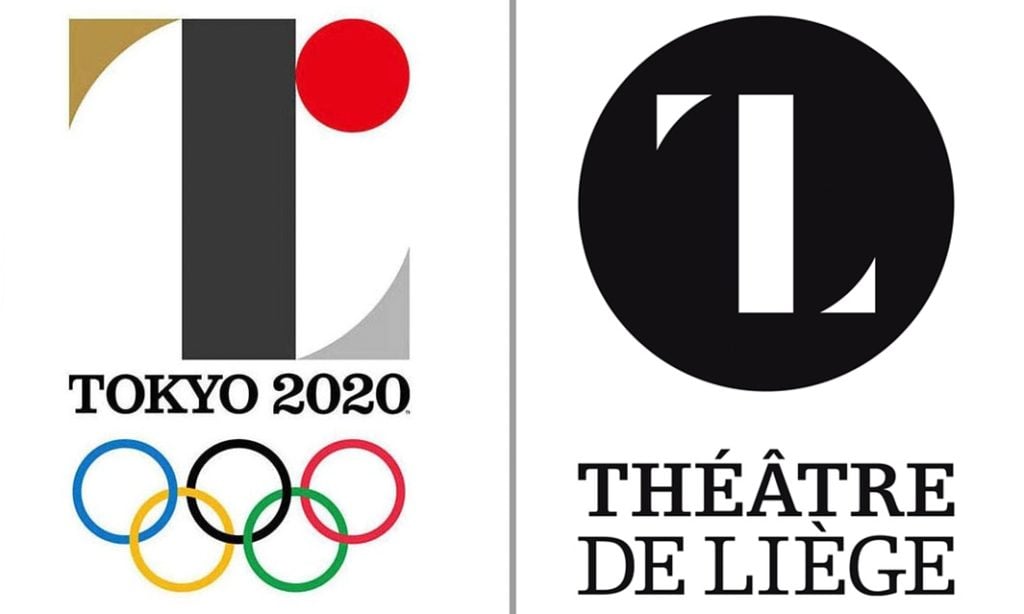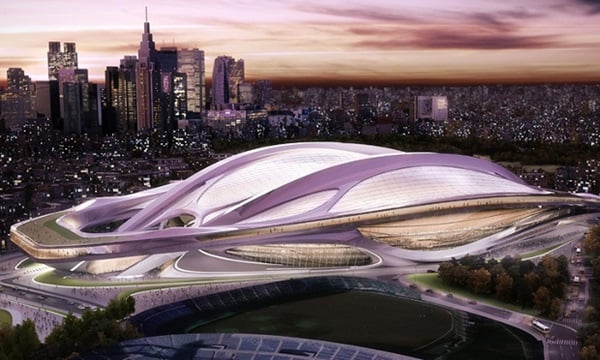Art World
Japan Withdraws Logo for 2020 Olympics Following Plagiarism Accusations
The Tokyo governor says he feels "betrayed" by the designer.

The Tokyo governor says he feels "betrayed" by the designer.

Sarah Cascone

Amid accusations of plagiarism, the organizing committee for the 2020 Tokyo Olympics has abandoned its official logo design created by graphic designer Kenjiro Sano.
Despite its original defense of Sano, the committee has decided to steer clear of the controversy, reports the Japan Times.
“We have reached a conclusion that it would be only appropriate for us to drop the logo and develop a new emblem,” Toshio Muto, director general of the Tokyo organizing committee, said in a statement. “At this point, we have decided that the logo cannot gain public support.”
When Sano’s design was unveiled in July, it soon came under fire for its striking resemblance to the logo of the Theatre de Liege in Belgium, created by Olivier Debie.
Sano asserted his innocence, claiming to have never visited Belgium and to have been partially inspired by the logo of the 1964 Summer Olympics in Tokyo.
Debie was unimpressed, telling the Wall Street Journal “The theater logo has been on the web for two years. It can have been seen. The similarity between the two logos is striking.”
The Belgian designer took the International Olympic Committee to court for copyright infringement, and the case was scheduled to be heard this month.
Further Accusations
Since Sano first unveiled the now-abandoned Olympic designs, other allegations have been leveled against the designer. In his presentation of the 2020 logo, he appears to have used a photograph of the Tokyo airport from the blog Sleepwalking in Tokyo, altering the image so that banners hanging from the ceiling bore his Olympic design, and reportedly cropping out a photo credit.
Sano has already admitted that several designs he created for a series of promotional tote bags for Suntory Beer Ld. directly copied others’ work, but he refused to take responsibility for the theft. Instead, Sano claimed his assistants used the designs without his knowledge.
“Nobody can deny that the reputation of the logo has been tarnished. The responsibility for that lies with Mr. Sano,” said Tokyo governor Yoichi Masuzoe to the press, according to the AP and Reuters. “I want Mr. Sano to provide an explanation. I feel like we have been betrayed.”

A rendering of the abandoned Zaha Hadid design for the 2020 Tokyo Olympic Stadium.
Photo: Zaha Hadid.
This is not the first controversy to plague the upcoming games: In July, Japan cancelled its planned Zaha Hadid-designed Olympic stadium.
After projected construction costs on the project soared to $2 billion, the Olympic organizing committee opted to return to the drawing board with a less-expensive design capped at $1.28 billion. As a result, the stadium is now a year behind schedule and will only be ready in March of 2020, just four months before the opening of the games.
Moving forward, the Olympic organizing committee will hold a competition for a new logo. Details have not been announced, but Muto promised the contest will begin “as soon as possible.”